Micro-Credentials in Energy
Robotics Credentials
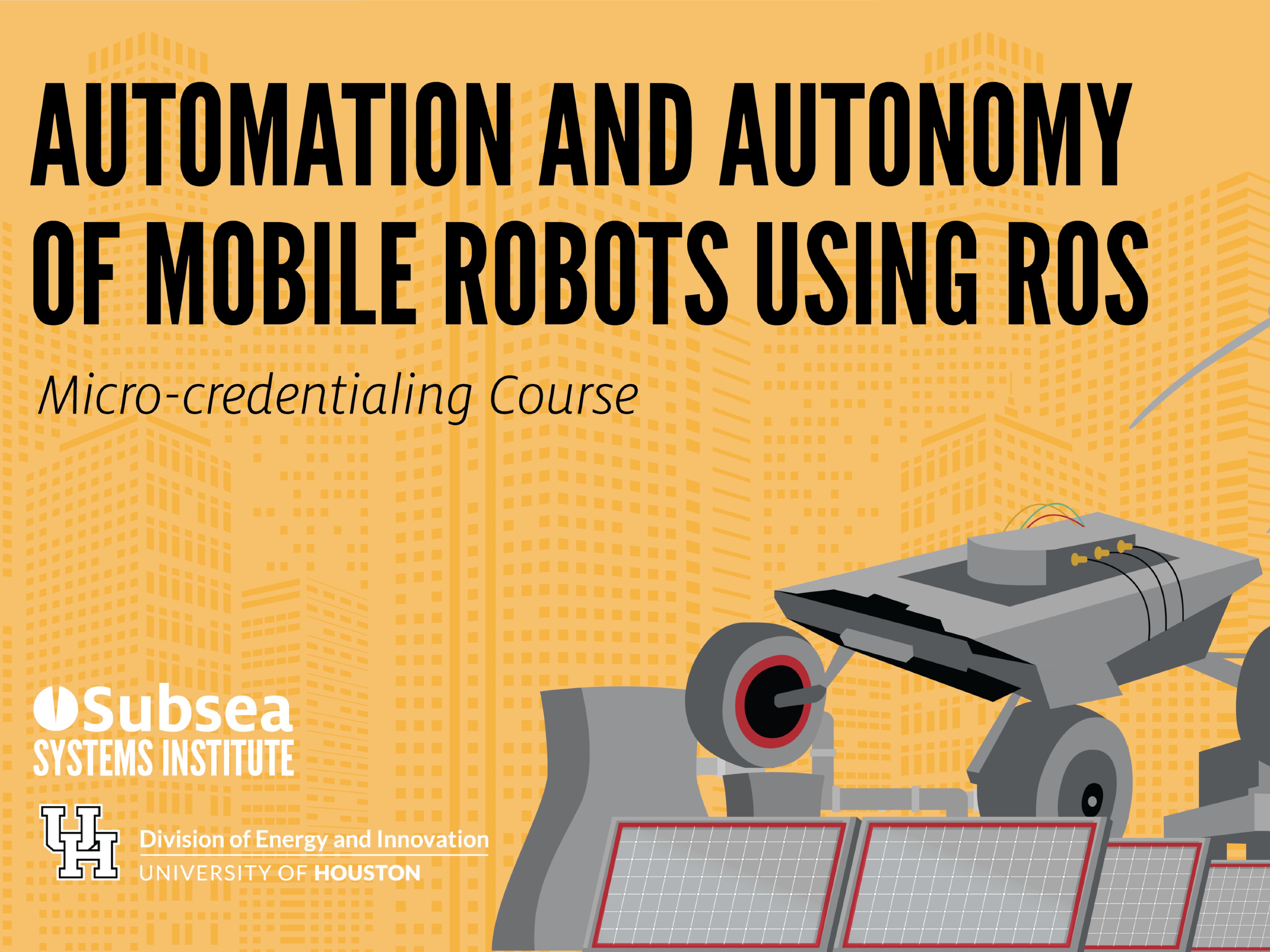
Accepting Registrations Now
Automation and Autonomy of Mobile Robots
This course introduces students to the electrical and programming fundamentals of robotics, providing hands-on experience with tools commonly used in industry and academia. Students will learn the basics of embedded systems, the Robotics Operating System (ROS), and SLAM navigation, culminating in the assembly and programming of a mobile robot for a final competition.
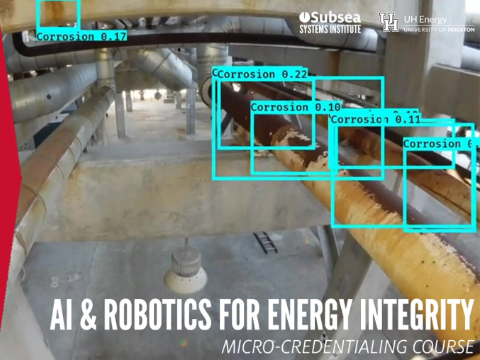
Registration Closed
AI & Robotics for Energy Integrity
This course offers a practical introduction to using AI and robotics in energy inspection processes, emphasizing how their integration can improve efficiency, data analysis, and decision-making. Through real-world use cases and popular inspection methods, participants will gain hands-on experience and insights from industry and University of Houston experts. The course is designed to help energy professionals effectively adopt and implement AI-driven robotic solutions in their workflows.
Chemical Engineering Credential
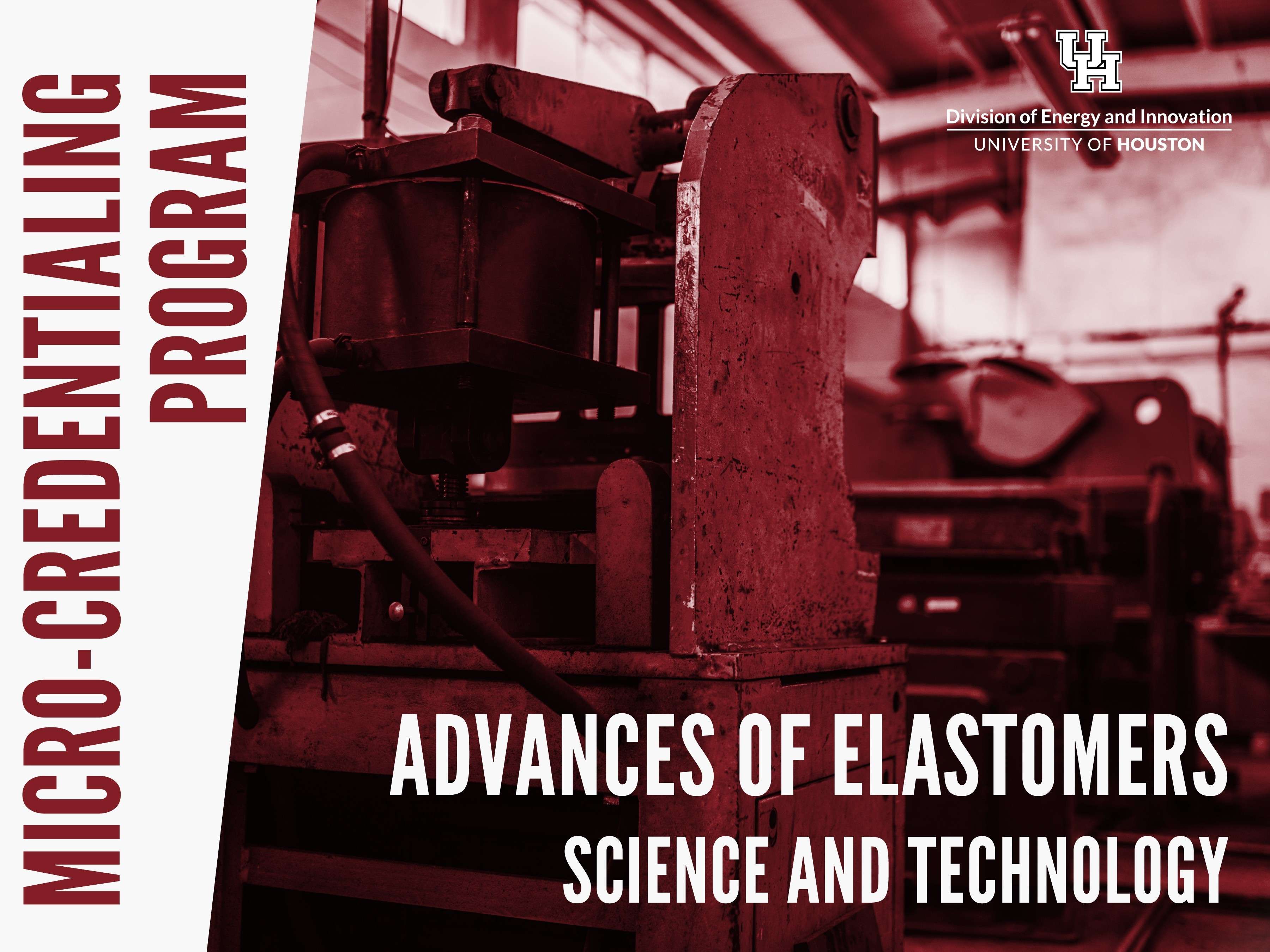
Registration Closed
Advances of Elastomers: Science and Technology
This course focuses on the properties and applications of elastomers—soft, stretchable materials known for their durability, wear resistance, and ability to perform across a wide temperature range. Through this course, students will gain a strong understanding of elastomer behavior to ensure safe and efficient use in real-world applications like tires, seals, and conveyor belts.
Electrical Engineering Credentials
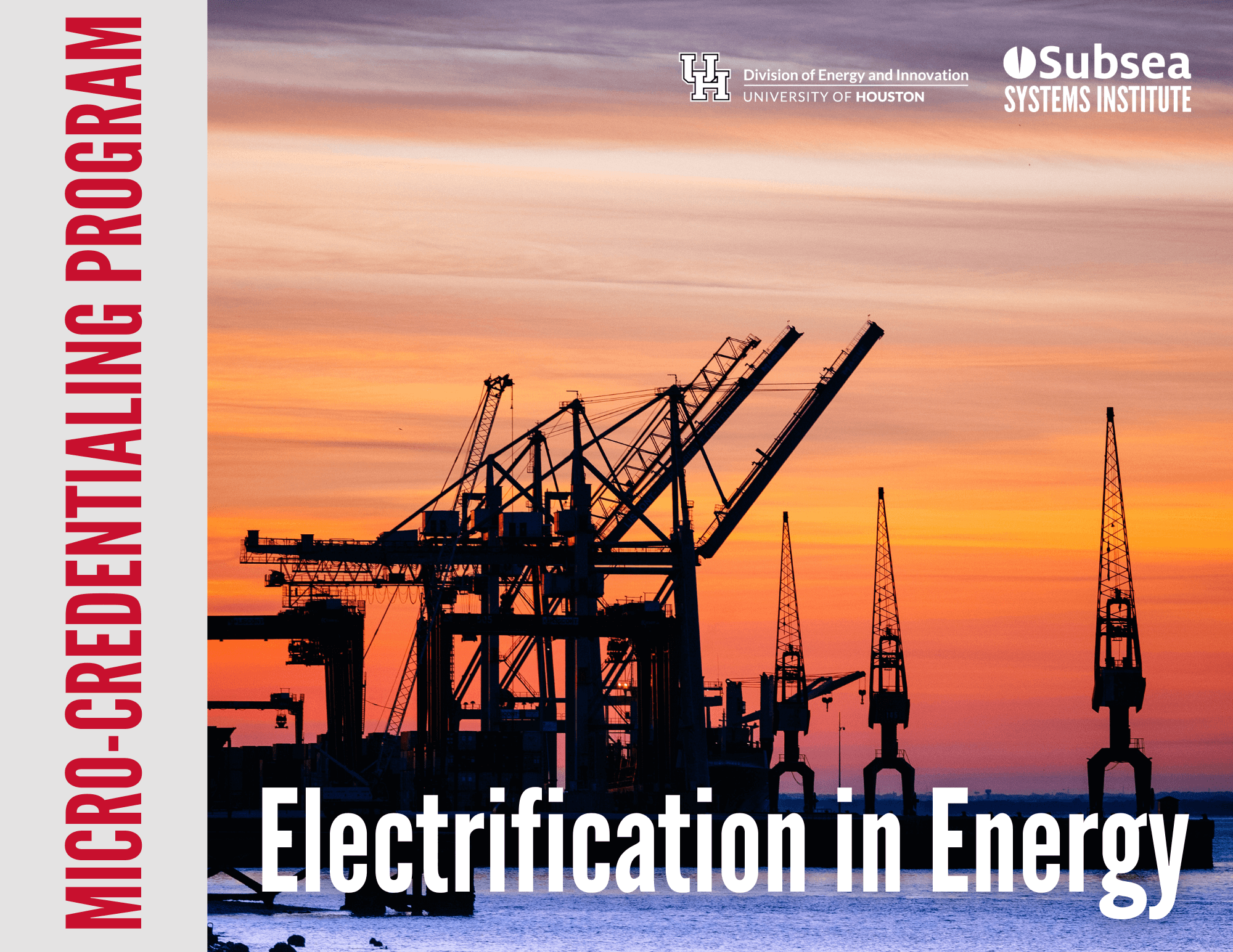
Accepting Registrations Now
Electrification in Energy
This program will introduce electrical engineering concepts essential for electrification in the energy industry. The goal is to fulfill the demand for the development, maintenance, and safety inspection of energy production, transportation, and delivery.
Sustainability Credentials
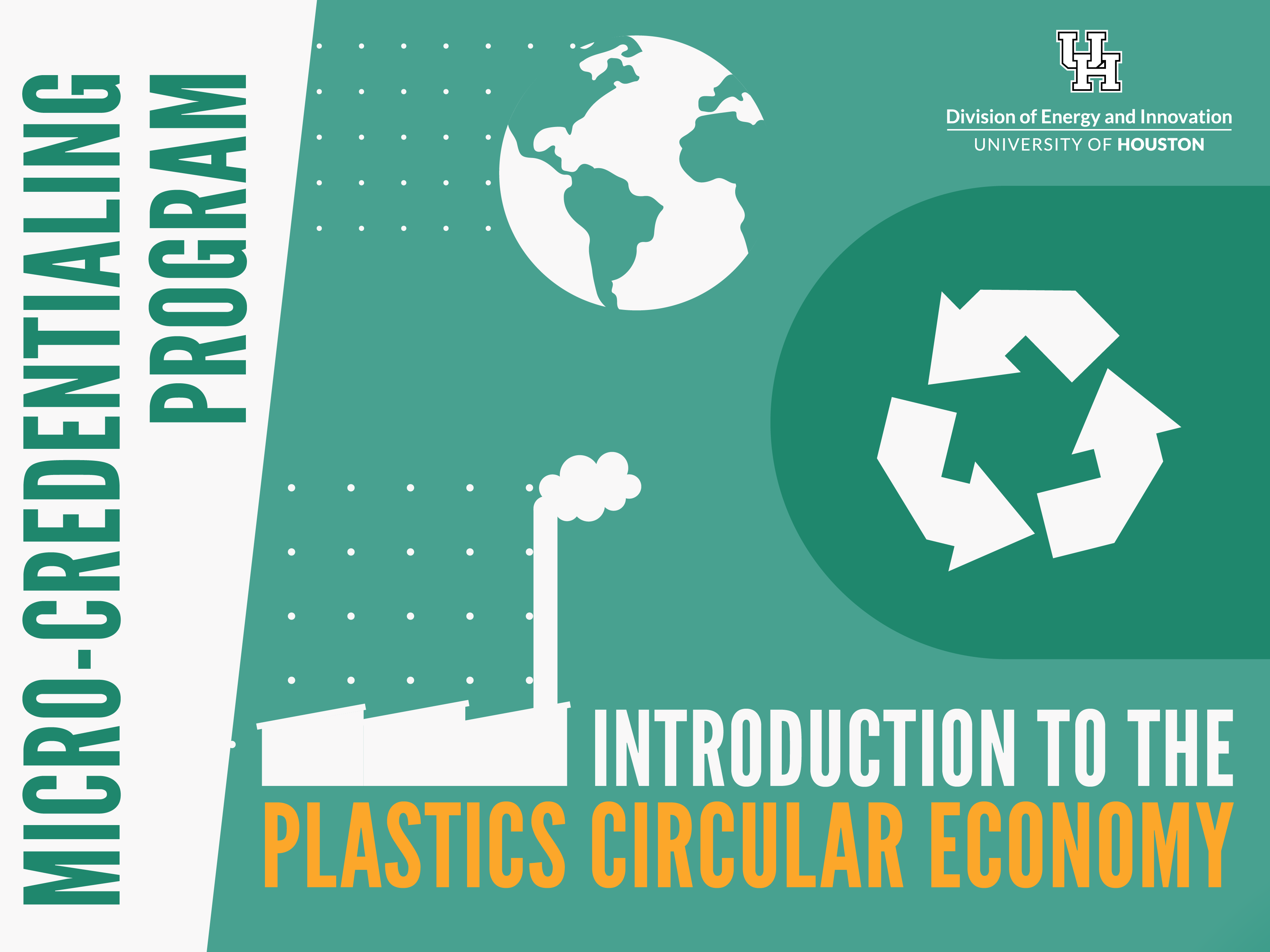
Accepting Registrations Now
Plastics Circular Economy
Effective plastic recycling and circularity require precise material identification and characterization. This course covers key plastic types, additives, and waste classification techniques using spectroscopy, AI, and machine learning. Learn industry-standard methods for sorting and analyzing plastic waste, including marine plastics and microplastics, with hands-on demonstrations of real-world applications.
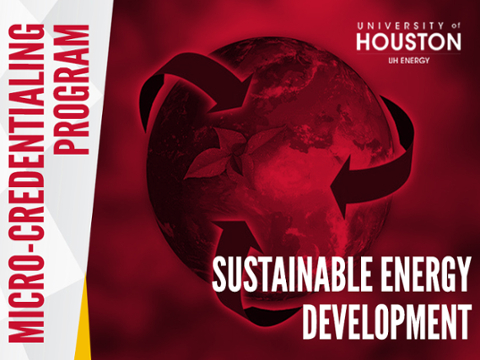
Registration Closed
Sustainable Energy Development Program
This interactive online course is part of UH Energy’s Sustainable Energy Development Program, designed to equip rising energy professionals with the skills and knowledge needed to address the Energy Trilemma—ensuring energy is affordable, secure, reliable, and environmentally responsible. Students will gain practical expertise to develop solutions for the complex challenges shaping the future of energy.
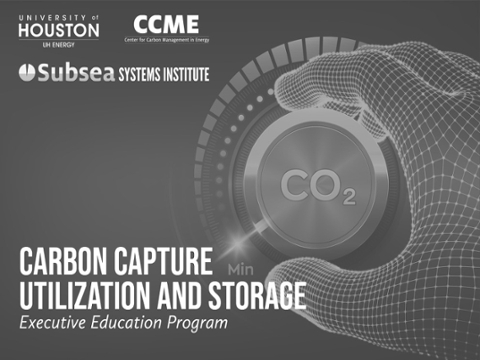
Registration Closed
Carbon Capture Utilization and Storage
This course provides a comprehensive introduction to carbon capture, utilization, and storage (CCUS), a critical technology for achieving society’s decarbonization goals. Participants will explore the technology, economics, and challenges of CCUS across industries like oil and gas, petrochemicals, and power, gaining essential knowledge to navigate and contribute to the future energy landscape.
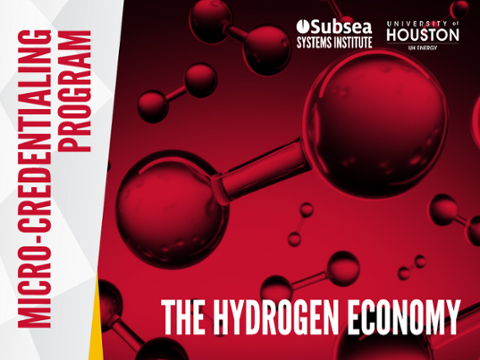
Registration Closed
The Hydrogen Economy Program
This interactive online course provides a comprehensive overview of the technology, economics, policy, and business aspects of hydrogen, covering production, transportation, safety, and commercial opportunities. Through coursework and a capstone project, students will gain the skills and expertise needed to succeed in the emerging Hydrogen Economy.
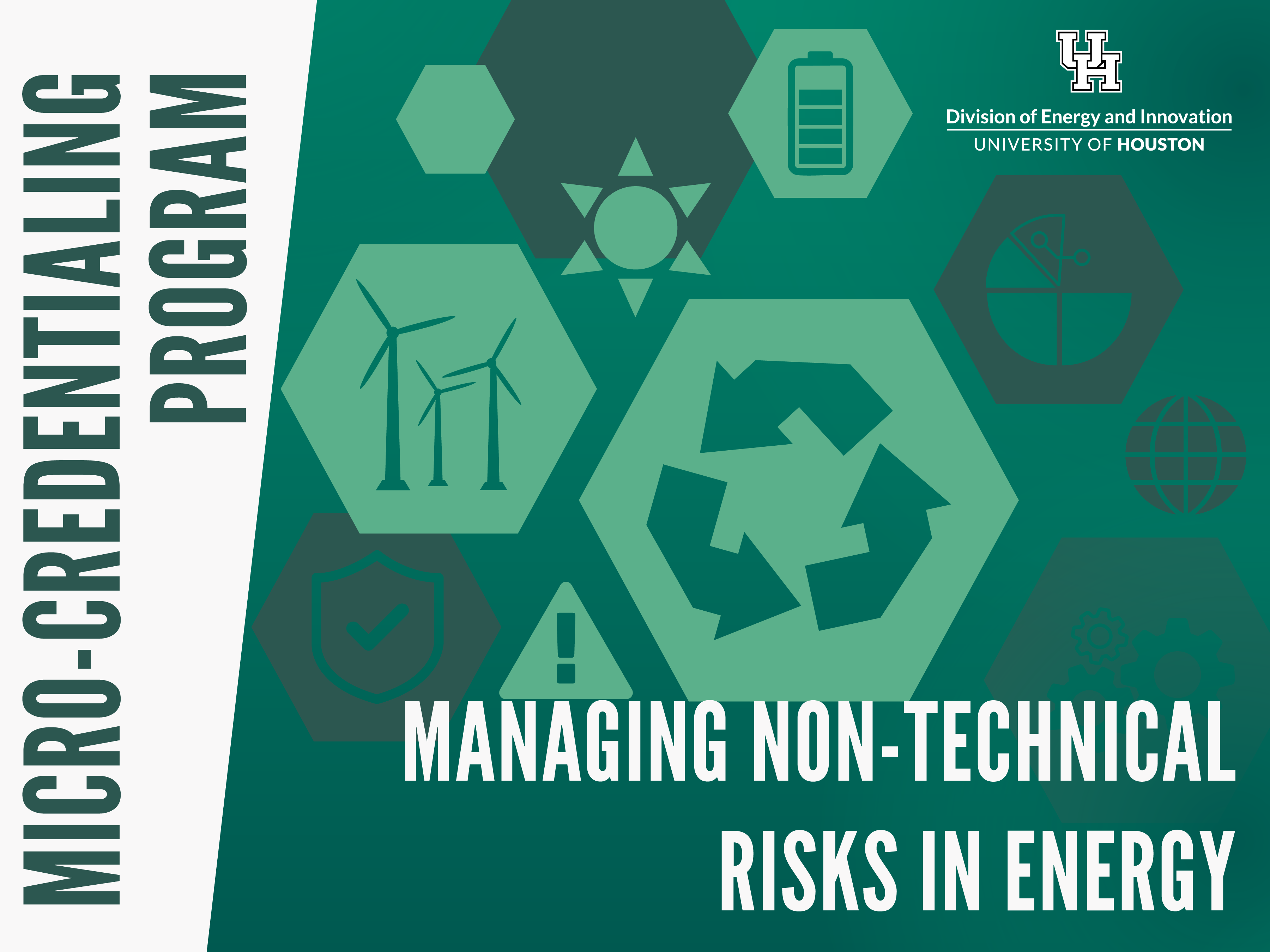
Accepting Registrations Now
Managing Non-Technical Risks in Energy
This course, part of UH Energy’s Managing Non-Technical Risks in Energy Program, prepares current and aspiring energy professionals to navigate challenges in areas like public expectations, environmental action, health and safety, human rights, and corporate governance. Students will develop critical skills to manage non-technical risks in a rapidly evolving energy landscape.